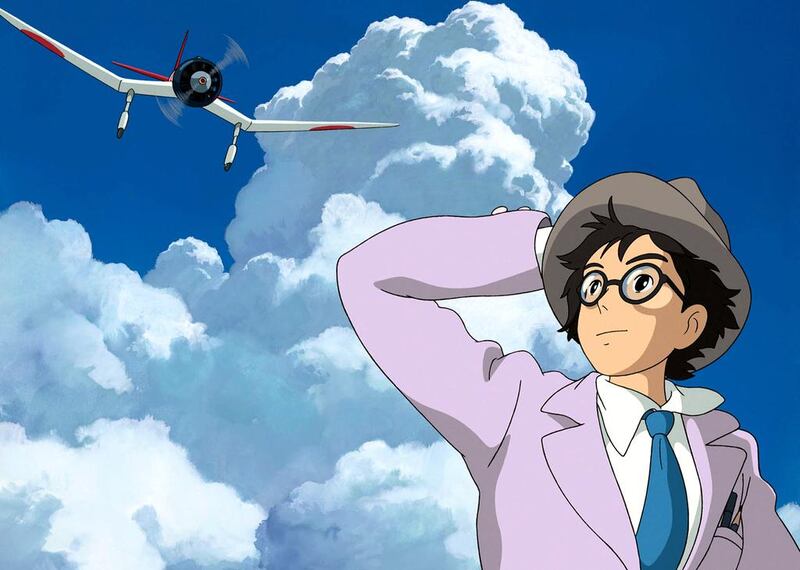Just a few years ago, the regional film festival landscape was a rather noisy affair. With each of the three main film events at the time – the Dubai International Film Festival, the Abu Dhabi Film Festival and the Doha Tribeca Film Festival (DTFF) – eager to generate as much buzz as possible, there was a sense that they were trying to outdo one another, to attract the bigger stars and the bigger movies.
Excess all areas
There were even occasions where they appeared to stand on each other’s toes in the process – as when the inaugural Doha festival in 2009 opened with the biopic Amelia despite the fact that the film’s main star – Hilary Swank – had already appeared on the red carpet in Abu Dhabi a few weeks earlier. Given the three festival’s proximities – both geographically and calendar-wise – it felt excessive.
Four years on and things have thankfully changed. Each festival has seemingly found its own niche within the grand cinematic spectrum and settled down. This December’s Dubai festival – the eldest of the trio at 10 years old – has continued its trend of being the main Hollywood attraction, although it’s impossible to ignore the hugely influential industry element running alongside.
After some recent changes, Abu Dhabi has taken a more regional route, offering a superb platter of important films from across the Arab world, many supported by its own Sanad fund.
And at Doha, where this year it parted ways with Tribeca and split into two festivals, the emphasis now is nurturing young talent and galvanising the local community.
Focus on youth
Ajyal, the first of these two festivals, starts tomorrow and is a five-day event focusing on youth. Sixty-five films from 30 countries are taking part, kicking off with The Wind Rises, the latest acclaimed offering from the anime grandmaster Hayao Miyazaki (Spirited Away, My Neighbor Totoro) of Studio Ghibli.
“The focus is children and youth, but I always say that you cannot ignore the parents or the schools and teachers, so it’s really the whole community together,” says Fatma Al Remaihi, the festival’s director.
“But the theme, the focus, is on the youth and what they go through every day. And these issues are universal. If you bring a film from Holland about bullying, you can relate it to Doha because we have these problems.”
Al Remaihi says that each annual Ajyal will have a theme, with this year’s – as emphasised by the opening film – being a celebration of anime. Other classics screening from this genre include Lupin III: The Castle of Cagliostro, also by Miyazaki, plus Horus: Prince of the Sun, Panda and the Magic Serpent and Voices of a Distant Star. There will also be an Otaku exhibition, featuring work by various regional artists, an Otaku Cosplay event and several anime workshops, including history and stop-motion.
Local productions
As with previous Doha Film Festivals, there’s a Made in Qatar section, this time screening the works of winners from a recent 48-hour film competition and from a 70-day filmmaking challenge. There’s also Al Rayyan Productions’s Hero and the Message, commissioned to celebrate last year’s Qatar National Day, about a brother and sister who travel back in time to the 19th century to watch the country being founded.
With youth the central component of the festival, it is the local youth who will make the most important decisions at the end of the festivities. “Our jury will be made up of young men and women, aged 8 to 21,” says Al Remaihi. “They have the big responsibility of voting and choosing the best filmmakers at the festival.”
For families, too
The action this time around will be purely confined to Katara, the vast cultural village by the coastline where the Doha Film Institute is based. Like last year, there will be a dedicated family weekend, with free-of-charge activities such as interactive installations, games and filmmaking workshops for children. Previous years have seen these weekends absolutely bustling with people and have really given the festival its true community feel.
“We’re focusing on the things that were very popular when we did DTFF before and one was these family days,” says Al Remahi. “Youth is very important segment within the community, so we really need to work with them. They’re the next generation of this industry we’re trying to build.”
The focus might not be on the premieres, the red carpets or the A-listers in Doha this year. But in channelling its energies towards children, Ajyal is probably liable to generate just as much noise.
• From tomorrow until Saturday. Visit www.ajyalfilmfestival.com
artslife@thenational.ae





